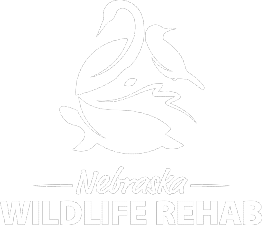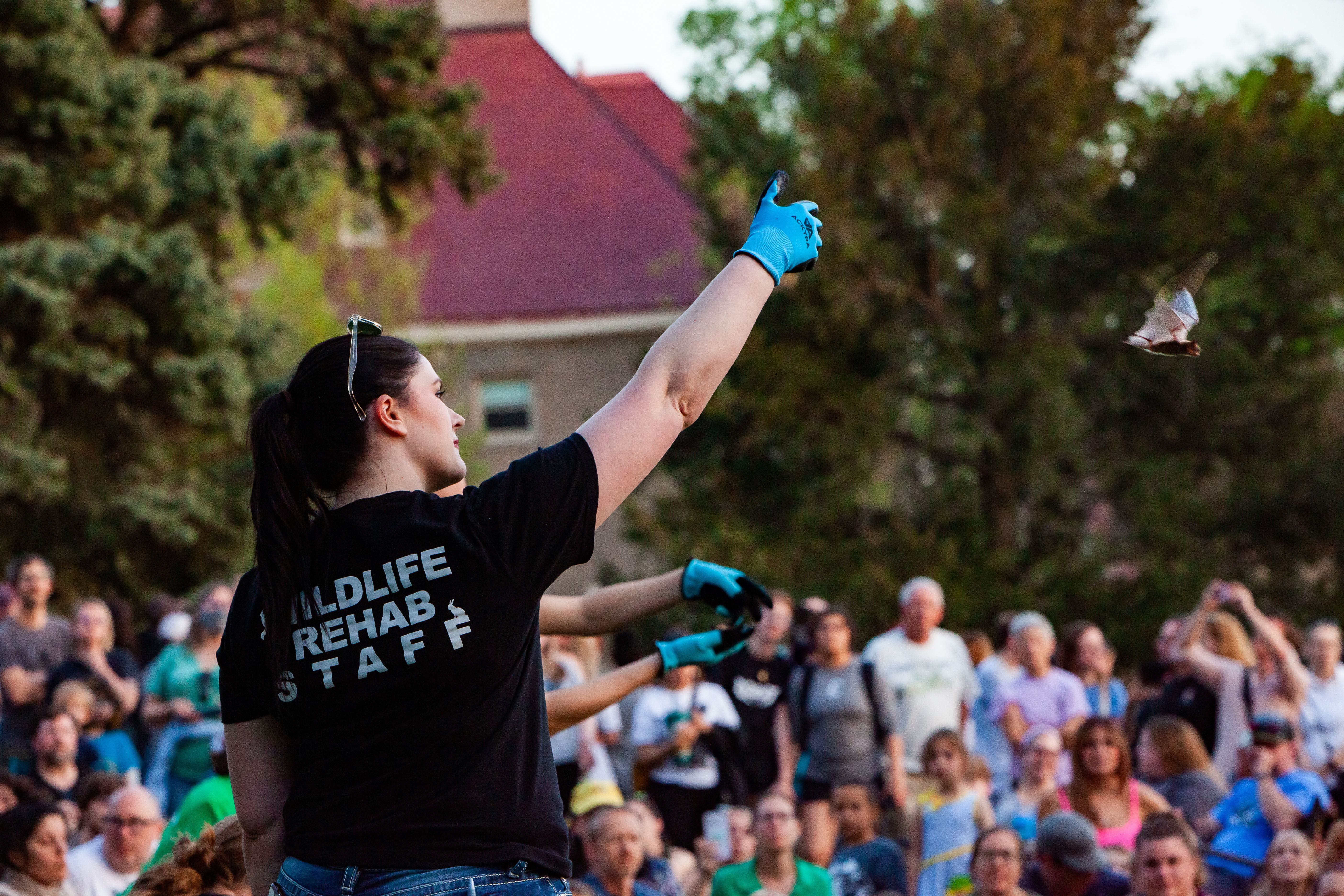If you plan on attending one of our volunteer training sessions, please be sure to click on the link and complete the RSVP form. Sessions may be cancelled due to no or low attendance, so let us know you're coming!
| S | M | T | W | T | F | S |
|---|
| Feb 1 | 2 | 3 | 4 | 5 | 6 | 7 |
|---|---|---|---|---|---|---|
| 8 | 9 | 10 | 11 | 12 | 13 | 14 |
|---|---|---|---|---|---|---|
| 15 | 16 | 17 | 18 | 19 | 20 | 21 |
|---|---|---|---|---|---|---|
| 22 | 23 | 24 | 25 | 26 | 27 | Feb 28 |
|---|---|---|---|---|---|---|
This month does not have any events.

